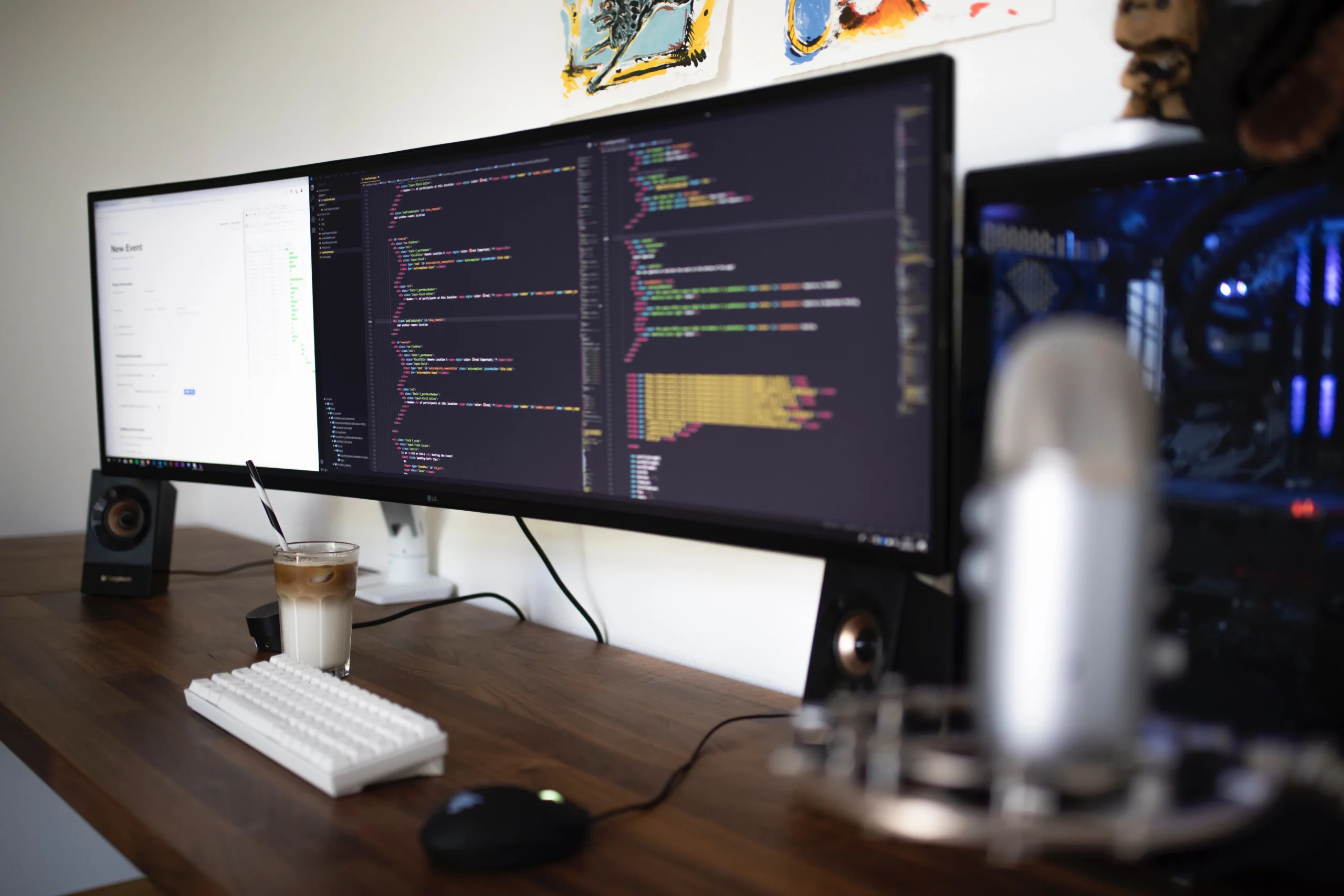
The reality for commissioners of apps is that budgets and schedules often shout loudest when choosing the approach for any technology project. In the past, this has meant that clients have had to make the tough choice between Apple’s iOS or Google’s Android platforms for their app project.
Naturally, we don’t want our clients to have to choose. Over the last couple of years we have been busy researching, developing and investing in alternative development solutions which allow us to realise our clients’ multi-platform ambitions, without having to ask them to sacrifice quality or performance. An impossible task? Maybe not…
We’ve experimented with multi-platform mobile development methodologies since we started app development. We have always believed that developing across both platforms should not result in compromise of the vision, nor a duplication of cost or effort.
The ever-improving capabilities of React Native have become a genuine option for accelerating mobile development efficiency whilst hitting our demanding quality standards for user experience.
What is React Native?
React Native is a mobile development framework which allows web developers to create native mobile apps using the React JavaScript framework… written in JavaScript, rendered with native code.
This means a single code base drives both iOS & Android apps, which are rendered natively – this has allowed us to slash both the development times and the investment required to produce high quality, multi-platform apps.
At Bulb we have long been proponents of React.js. We have adopted it as our framework of choice – and a core competency for all of our JavaScript developers. As such React Native is the natural choice for development of cross-platform apps. We are keen to share the commercial benefits which React Native can provide with our clients.
React Native vs Native app development
Traditional native applications require two distinct codebases. Often these will have some shared components, but are still entirely separate. This means most native apps require significant development and maintenance overhead, in addition to the initial development effort. As two programming languages are required, such projects often require multiple developers, which increases the investment needed.
Historically, there have been technologies claiming to solve this problem, however React Native is different, due to the fact the User Interface isn’t simply rendered as a web component inside a WebView; instead, it’s rendered using actual native views, which means that the user experience is nearly identical to traditional native applications we use everyday.
If you’ve used Facebook, Instagram, Pinterest, Skype, Uber, Salesforce or Discord recently, then you’ve used a React Native app – did you spot the difference? No? Nor did we…
Top reasons for moving to React Native
– Speed. More rapid development ensures more for your money.
– Dual-platform. One codebase, both platforms- greater consistency. No need to sacrifice one platform for another due to time or budget constraints.
– Native. Apps run natively and so are fast, smooth and full-featured.
– Familiar. A React Native app is indistinguishable from a traditional native app and can be made available in the same app stores.
– Streamlined. Development in React allows for rapid, iterative development; improving efficiency and streamlining feedback and testing processes.
There is still a place for native mobile development and there likely always will be, especially where budget, timelines and feature-sets have few restrictions. However at Bulb Studios, we are embracing React Native and are extremely excited to be able to offer it as a viable, efficient and flexible development option which helps us to transfer efficiency and cost savings to our end clients – win, win.
If you are interesting in learning more about React Native and how it could be used to save you money on your next project, drop us a line.